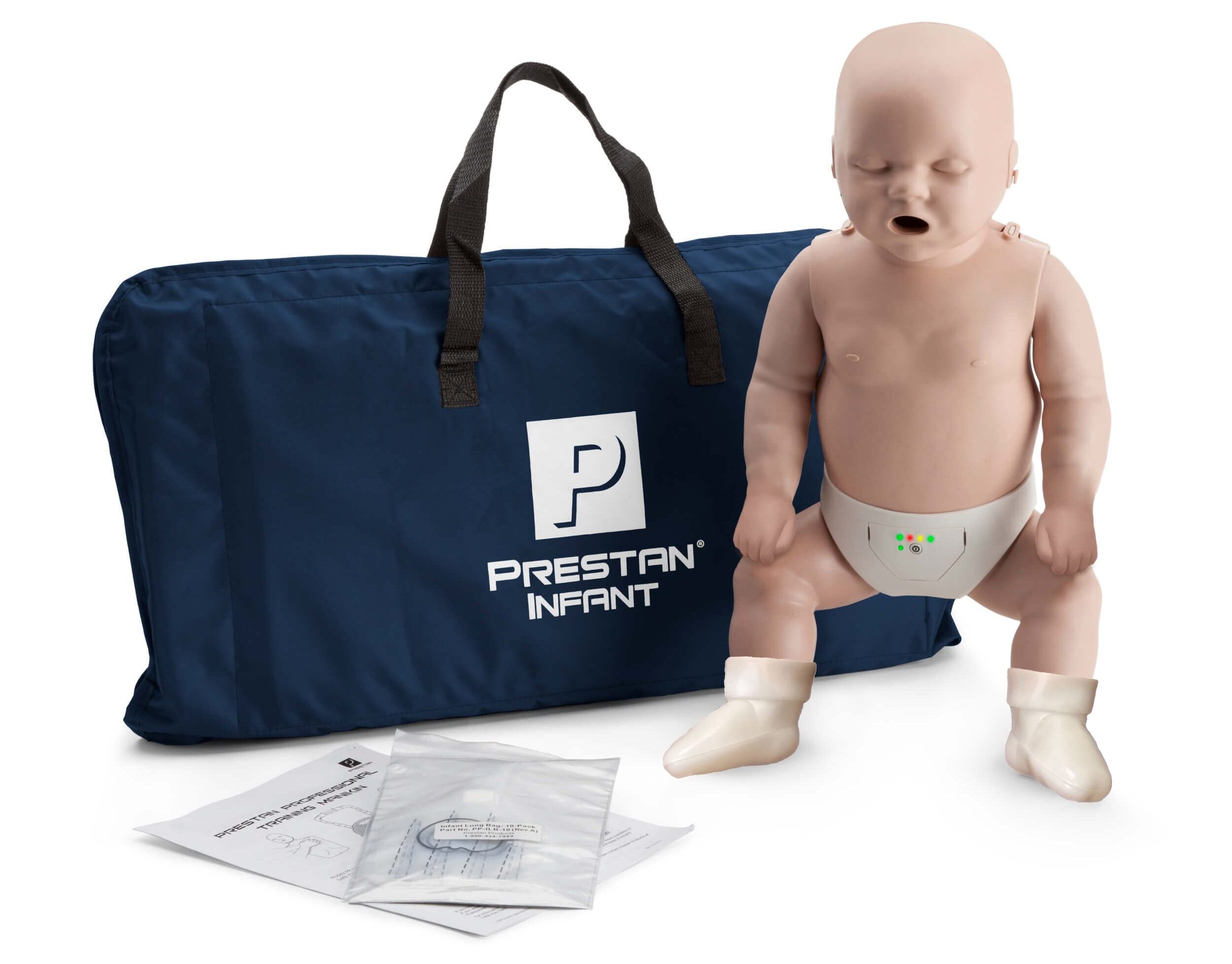Advanced Cardiac Life Support (ACLS) training is an advanced course designed for healthcare professionals who respond to cardiac emergencies and need to manage cardiac arrest, stroke, and other life-threatening medical conditions. ACLS training equips participants with the skills and knowledge to provide critical interventions and improve patient outcomes. Here’s an outline of what ACLS training typically covers:

Advanced Cardiac Life Support (ACLS) Training
1. Introduction to ACLS:
2. Chain of Survival:
3. Assessing the Scene and Safety:
4. Assessing and Managing Cardiac Arrest:
5. Airway Management:
6. Cardiac Rhythms:
7. Medications and Pharmacology:
8. Defibrillation:
Defibrillation in synchronized cardioversion for specific arrhythmias.
9. Cardiovascular Pharmacology:
10. Post-Cardiac Arrest Care:
11. Stroke Management:
Ischemic stroke management, including fibrinolytic therapy.
12. Acute Coronary Syndromes:
13. Team Dynamics and Communication:
14. Special Situations:
15. Ethical Considerations:
16. Megacode Scenarios:
17. Certification and Renewal:
ACLS training typically includes hands-on practice, simulations, and case scenarios to ensure participants are well-prepared to handle complex cardiac emergencies. It’s crucial to ensure that ACLS training is conducted by certified instructors using up-to-date curriculum materials and follows the guidelines set by relevant medical organizations. Successful completion of ACLS training results in a certification that signifies the participant’s competence in advanced cardiac life support.

